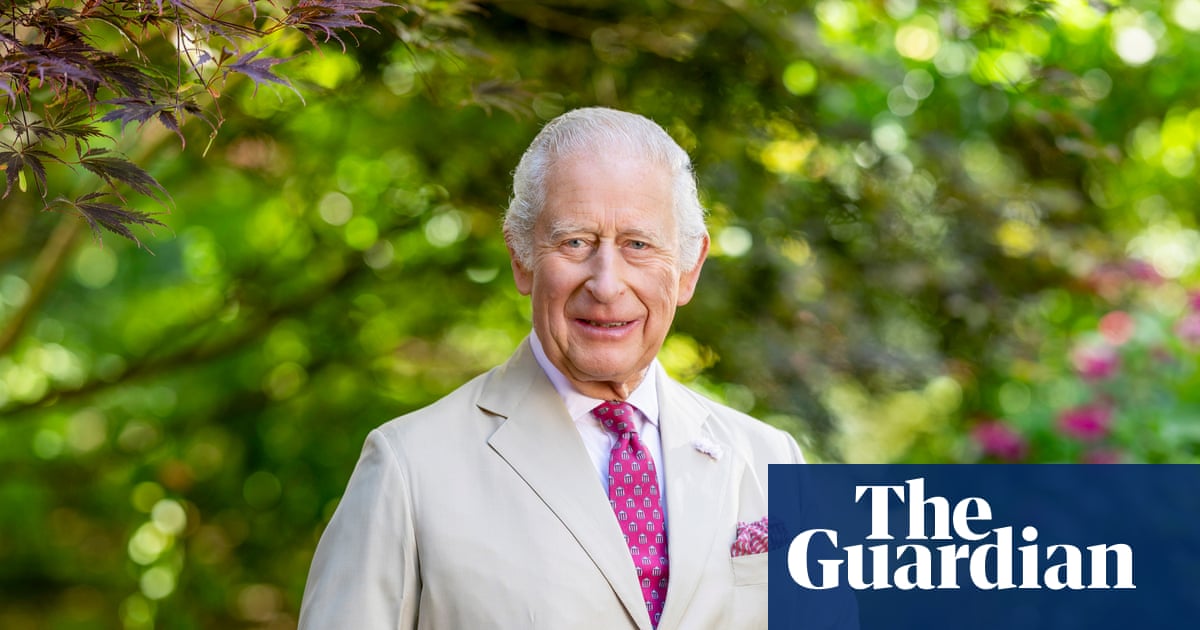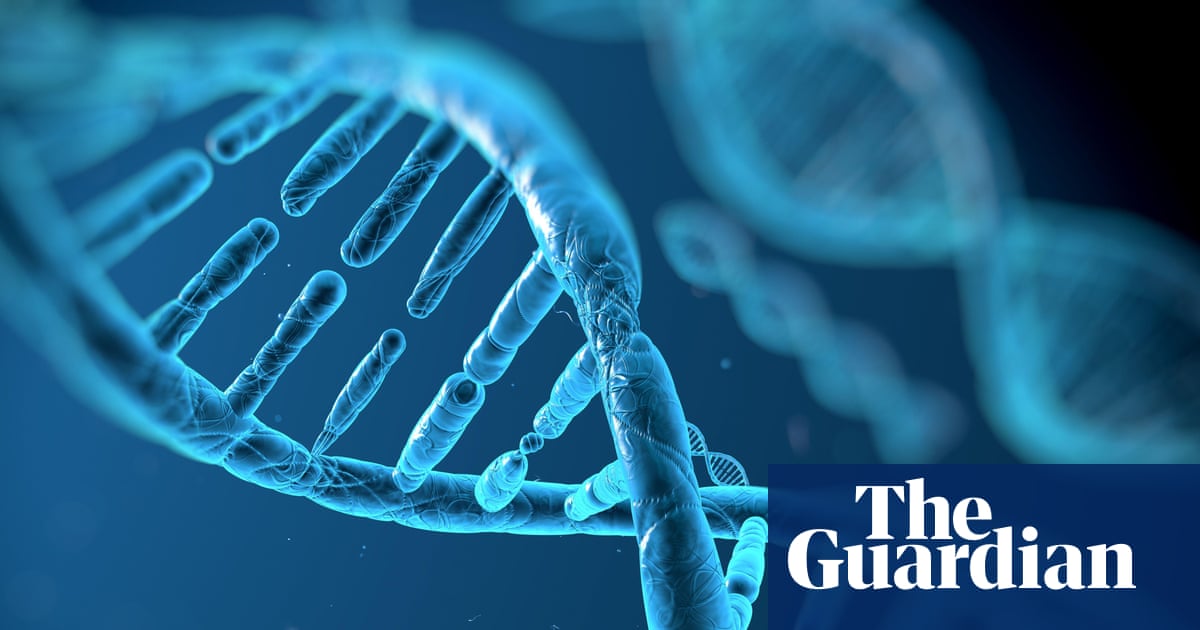Google has claimed a breakthrough in quantum computing after developing an algorithm that performed a task beyond the capabilities of conventional computers.
The algorithm, a set of instructions guiding the operation of a quantum computer, was able to compute the structure of a molecule – which paves the way for major discoveries in areas such as medicine and materials science.
Google acknowledged, however, that real-world use of quantum computers remained years away.
“This is the first time in history that any quantum computer has successfully run a verifiable algorithm that surpasses the ability of supercomputers,” Google said in a blogpost. “This repeatable, beyond-classical computation is the basis for scalable verification, bringing quantum computers closer to becoming tools for practical applications.”
Michel Devoret, the chief scientist at Google’s quantum AI unit, who won the Nobel prize for physics this month, said the announcement was another milestone in his field. “This marks a new step towards full-scale quantum computation,” he said.
The algorithm breakthrough, enabling a quantum computer to operate 13,000 times faster than a classical computer, was detailed in a peer-reviewed paper published in Nature on Wednesday.
One expert cautioned that the Google achievement, while impressive, focused on a narrow scientific problem without significant real-world impact. The results for two molecules were cross-checked with nuclear magnetic resonance (NMR) – the same technology behind MRI scans – and revealed information not normally revealed by NMR.
Winfried Hensinger, a professor of quantum technologies at the University of Sussex, said Google had demonstrated “quantum advantage” – meaning its researchers had performed a task making use of a quantum computer that cannot be achieved using a classical computer.
But fully fault-tolerant quantum computers, capable of realising some of the tasks that most excite the scientific community, are still some way off as they would require machines capable of hosting hundreds of thousands of quantum bits – the term for a unit of information in a quantum computer.
“It’s important to understand the task Google has achieved is not quite as revolutionary as some of the world-changing applications that are anticipated for quantum computers,” Hensinger said. “However, it is yet another convincing proof that quantum computers are gradually becoming more and more powerful.”
Truly powerful quantum computers that can deal with a range of challenges require millions qubits – something that current quantum hardware cannot manage because qubits are so volatile.
“Some of the most interesting quantum computers being discussed will require millions or even billions of qubits,” Hensinger said. “This is more difficult to achieve with the type of hardware used by the authors of the Google paper as their hardware requires cooling to extremely low temperatures.”
Hartmut Neven, a vice-president of engineering at Google, said real-world use of quantum computers might be five years away despite the breakthrough with the algorithm, which the US tech company has called quantum echoes.
after newsletter promotion
“With quantum echoes we continue to be optimistic that within five years we’ll see real-world applications that are possible only on quantum computers,” he said.
Google, a leading player in artificial intelligence, also argues that quantum computers will be able to create unique data that can be fed into AI models and make them more powerful as a consequence.
Classical computers encode their information in bits – represented as 0 or 1 – which are transmitted as an electrical pulse. A text message, email or even a Netflix film streamed on a smartphone is a string of these bits.
In quantum computers, however, the information is contained in qubits. These qubits, encased in a modestly sized chip, are particles such as electrons or photons that can be in several states at the same time, a property of quantum physics known as superposition.
This means qubits can encode various combinations of 1s and 0s at the same time, and compute their way through vast numbers of different outcomes, which is not possible with classical computers. However, they have to be kept in a highly controlled environment, such as one free from electromagnetic interference, or else they can be easily disrupted.
The progress being made by companies such as Google has led to warnings from cybersecurity experts that it has the ability to crack high-level encryption, prompting calls for governments and companies to adopt quantum-proof cryptography.

 3 months ago
161
3 months ago
161

















































